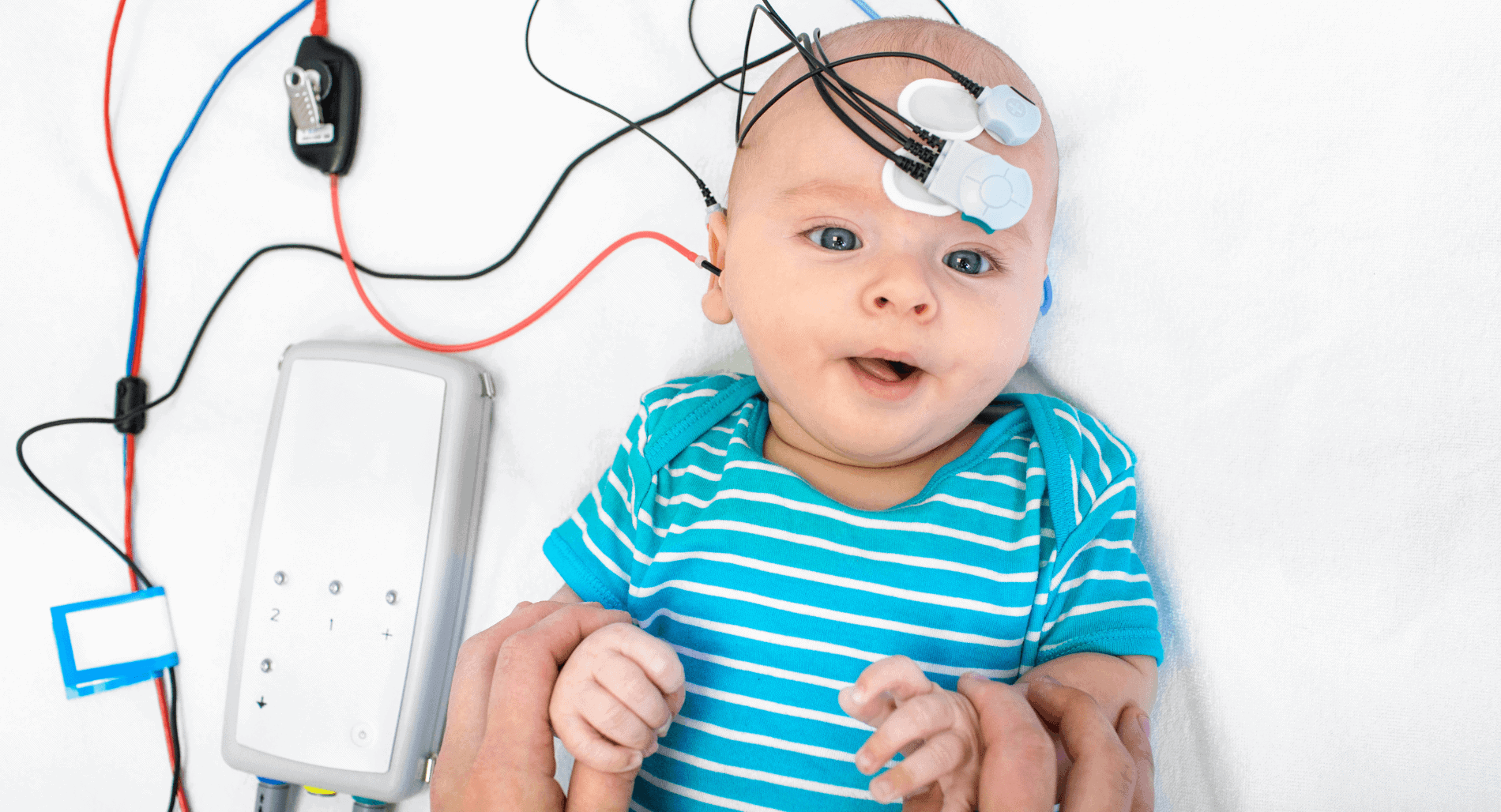
Ensuring optimal hearing health is essential for maintaining quality of life and overall well-being. However, many individuals may overlook the importance of regular hearing evaluations, leading to undiagnosed hearing loss and potential health consequences.
Early Childhood Screening
The first opportunity for hearing evaluation often occurs during infancy or early childhood. Pediatricians typically perform newborn hearing screenings shortly after birth to identify any potential hearing issues early on. Additionally, children may undergo hearing assessments as part of routine developmental check-ups or if there are concerns about speech and language development. Early detection and intervention for hearing loss in children are critical for minimizing the impact on language acquisition, academic performance, and social development.
School-Age Testing
As children grow older, regular hearing screenings may be conducted periodically during their school years. School-based hearing tests can help identify any changes in hearing sensitivity and detect potential hearing problems that may affect academic performance or social interactions. It’s essential for parents and educators to be proactive in addressing any concerns about a child’s hearing and to seek further evaluation by a provider if necessary.
Adult Onset Hearing Loss
For adults who have not undergone regular hearing screenings during childhood or adolescence, scheduling a hearing test becomes increasingly important as they age. While age-related hearing loss (presbycusis) is common among older adults, hearing loss can occur at any age due to various factors such as genetics, noise exposure, medical conditions, and ototoxic medications. Adults should consider having their first hearing test by their early 50s or sooner if they experience any signs or symptoms of hearing loss, such as difficulty understanding speech, asking others to repeat themselves frequently, or ringing in the ears (tinnitus).
Occupational and Environmental Risk Factors
Individuals who are regularly exposed to loud noise at work or in recreational activities may be at higher risk for hearing loss and should prioritize regular hearing evaluations. Occupational hearing screenings are often required for individuals working in noisy environments such as construction sites, factories, or music venues. Additionally, individuals exposed to environmental noise from sources such as traffic, concerts, or firearms should be vigilant about protecting their hearing and monitoring for signs of hearing loss.
In addition to age-related and risk-based considerations, scheduling routine hearing health exams with a hearing healthcare professional is recommended for everyone, regardless of age or perceived hearing status. A comprehensive hearing evaluation can assess hearing sensitivity, speech understanding, and ear health, providing valuable insights into overall auditory function and identifying any potential concerns that may require further evaluation or intervention.
Importance of Early Detection and Intervention
Early detection of hearing loss is crucial for implementing timely interventions and maximizing treatment outcomes. Untreated hearing loss can have far-reaching consequences, including communication difficulties, social isolation, cognitive decline, and reduced quality of life. By addressing hearing loss early and proactively managing auditory health, individuals can enjoy improved communication, better cognitive function, and enhanced overall well-being.
In conclusion, scheduling your first hearing test at the appropriate time is essential for maintaining optimal hearing health and addressing any potential hearing issues promptly. Whether you’re a parent concerned about your child’s development, an adult experiencing changes in hearing, or someone at risk for occupational or environmental noise exposure, prioritizing regular hearing evaluations is key to preserving your auditory health and quality of life.
